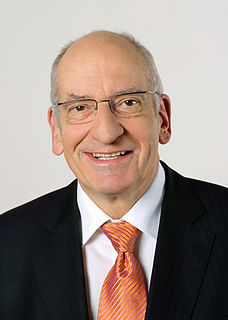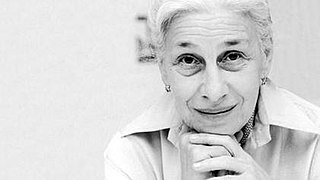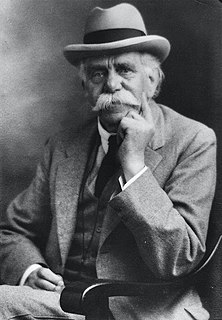A Quote by Richard Peto
Researchers linked smoking to cancer in the 1950s. Doctors believed them in the 1960s, but it was not until journalists believed the doctors in the 1970s that the public took notice.
Related Quotes
In the 1960s, if you introduced a new product to America, 90% of the people who viewed it for the first time believed in the corporate promise. Then 40 years later if you performed the same exercise, less than 10% of the public believed it was true. The fracturing of trust is based on the fact that the consumer has been let down.
In the Swiss government there is a will to limit the number of doctors themselves, because with new bilateral agreements with the European Union, there is what we call the "free flow of persons"; that our borders are open to immigration. And as the Swiss doctors are better paid than others, we could have a huge increase of immigration of doctors, more than we need. So we decided to limit the numbers of doctors coming into Switzerland. It is not a very intelligent system, but it is the best one that we have found to limit immigration of doctors.
Doctors are human animals. They want to be loved, they are tribal, they instinctually favor stories over scientific evidence, they make mistakes, and even small gifts make them susceptible to being biased. If we took doctors seriously as human animals, we might hurt them - and they might hurt us - a lot less.
Modern medicine is not scientific, it is full of prejudice, illogic and susceptible to advertising. Doctors are not taught to reason, they are programmed to believe in whatever their medical schools teach them and the leading doctors tell them. Over the past 20 years the drug companies, with their enormous wealth, have taken medicine over and now control its research, what is taught and the information released to the public.
































